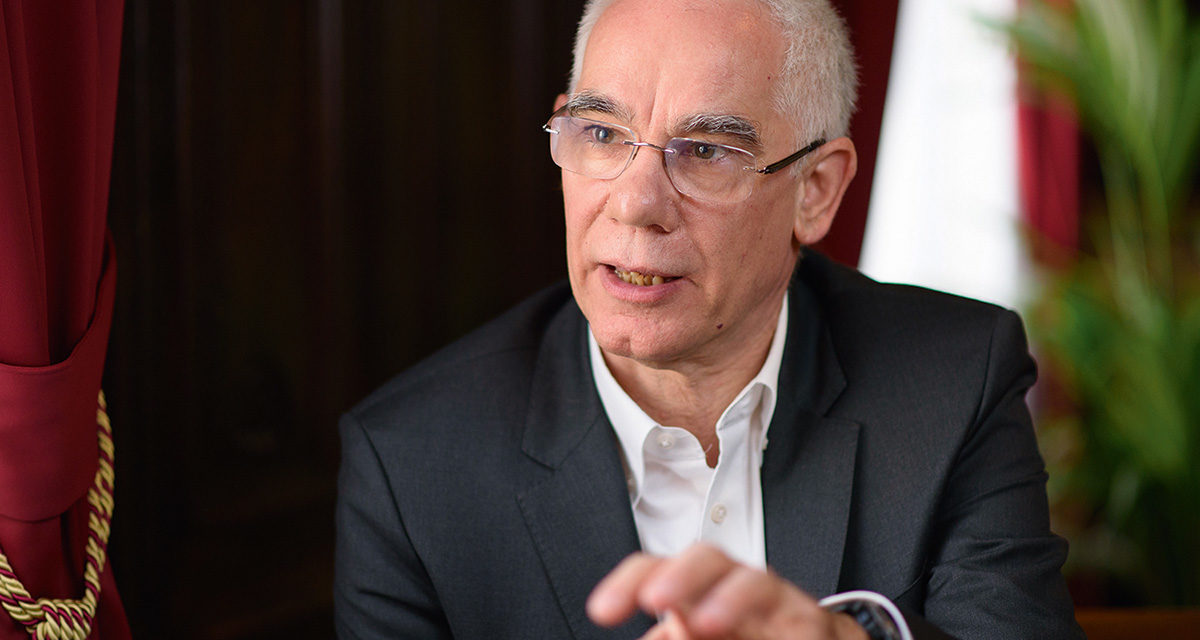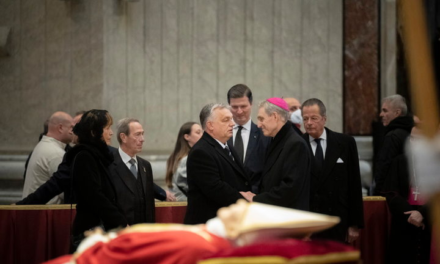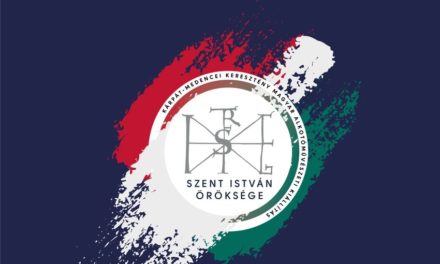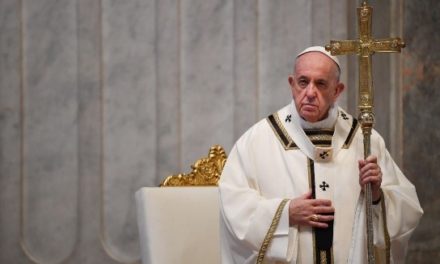Then we can place ourselves in the world and have confidence in the future, if we believe that we are in God's hands - Bishop Zoltán Balog says to people who have lost hope because of the war and economic problems. Interview.
According to the pastor president of the Synod of the Hungarian Reformed Church, we should at least have a say in how this country will have more children, a better life and a more beautiful world, and the common thinking about this is not only a matter for politicians.
(…)
The opposition put the financial and salary issue on the political agenda. For this reason, it seems that much less public attention is paid to the content issues of education. What do you think about this?
We really talk very little about who, what, whom and how they teach in Hungarian schools. We have something to say in this matter, as not only do we have centuries of educational experience, but our schools are among the best. A social debate is also necessary about what and how we train our teachers. Are they given the intellectual and material means to be good teachers? Do we know our children well enough and do we teach with such methods that the focus of the teaching is not on the teaching material, but on the child?
The first sentence of our church education law is this: »The child is a gift from God.« On September 10, we will celebrate the fact that in the last five years, forty-six new kindergartens were built and twenty renovated in the Reformed National Kindergarten program, which means that more than ten thousand children attend a reformed kindergarten.
This also indicates that religious education starts at an early age, because then both children and parents can be addressed the most. I would like us to be a church in which we are able to say and understand the essence of our faith, that God loves the world, even in the simplest language. We still have children because the Creator loves the world and wants to set it free. As long as children are born, the grace period lasts.
From the beginning of the war in Ukraine, the Reformed Church was one of the first to provide multi-faceted – spiritual, financial and infrastructural – help to Transcarpathian families in a difficult situation. The war has been going on for a year and a half and there is still no end in sight. What kind of help do you need now?
You have to visit them. We do this several times a year. In July, we held an international consultation on how we can help Ukraine, including Transcarpathia, not only during the war, but also after it. I was very happy that church leaders and representatives of partner organizations came from seventeen countries, and most of them understood what, unfortunately, the international public hardly knows about. That the future of Ukraine after the war will depend on whether human rights and the rights of minorities will be respected within its own statehood.
We took the participants to Transcarpathia, where they met internal Ukrainian refugees and Hungarians there.
They told them that they were not only afraid of the war, but also of their future. They are afraid that they will not be able to stay in their homeland because they will not have the opportunity to use their mother tongue and for their children to learn Hungarian at school.
Church leaders were here who were able to deliver the message to their own governments that the Transcarpathian Hungarian community was hit twice by the war. Understanding this with the Western public is a very important task.
The serious economic and social consequences of the war and the sanctions also affect the Hungarians living here. Still, what can give comfort and hope to uncertain, hopeless people struggling with daily living problems?
This year marks the bicentennial of our national prayer, the National Anthem. When someone hears or sings it, even if they are not otherwise religious, they still think that our fate and our lives are in God's hands - no matter how vulnerable we are to external circumstances, war, economic crisis. This is what St. István, the XVI. century reformation, and this is what Ferenc Kölcsey professes when he addresses the creator and savior God in the name of all of us.
We can place ourselves in the world and have confidence in the future if we believe what is written, that we are in God's hands. He wants good for us, not bad, and he can even bring good out of the bad that we humans cause.
(…)
The full interview can be read in Magyar Nemzet!
Featured image source: Democrat












